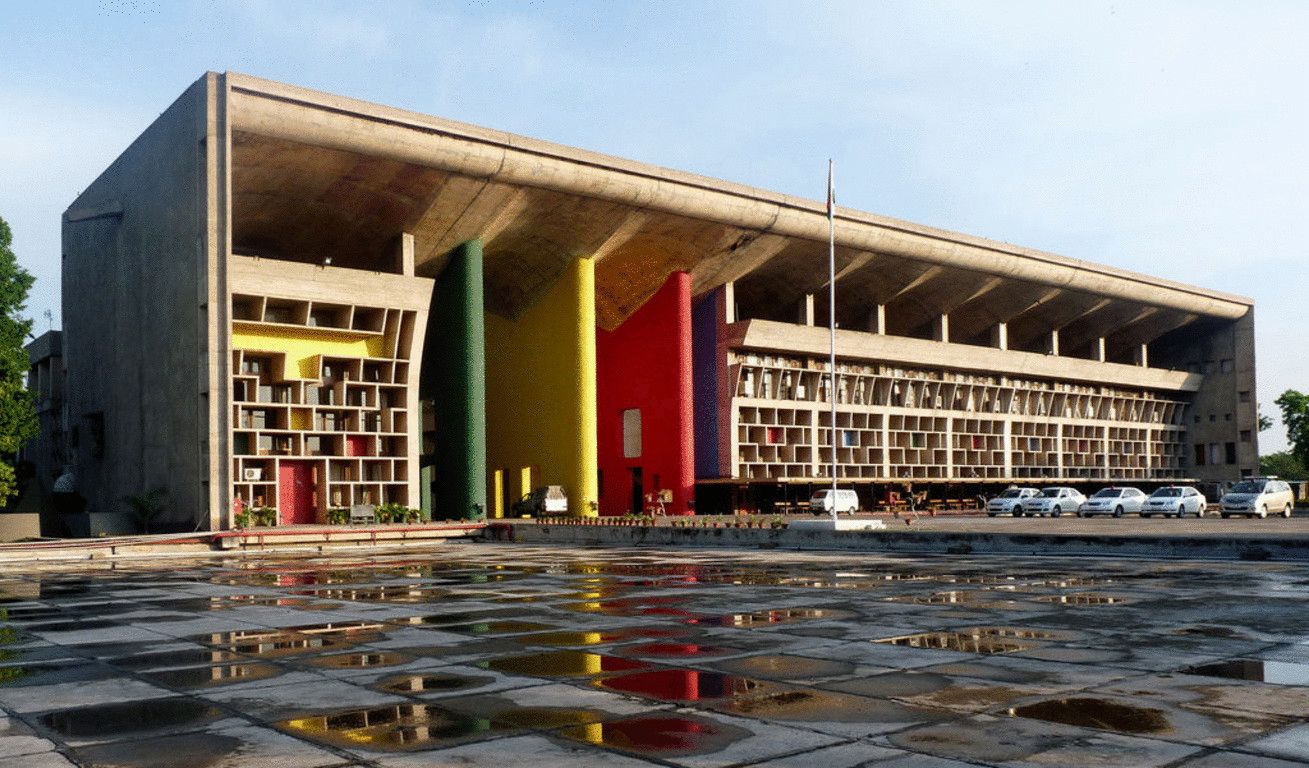Punjab & Haryana High Court Sets Aside Denial of Parole, Holds Parole Cannot Be Refused on Ground of Residence Verification Doubt

Case Name: Surinder Kumar v. State of Punjab and Others
Date of Judgment: January 5, 2015
Citation: CRWP No. 1491 of 2014
Bench: Hon’ble Mr. Justice Inderjit Singh
Held: The Punjab & Haryana High Court set aside an order of the Additional Director General of Police (Jail Department), Punjab, rejecting the petitioner’s parole solely on the ground of non-verification of his sister’s residence. Justice Inderjit Singh held that parole cannot be denied merely because of a technical doubt regarding the address where the prisoner seeks to reside, particularly when documentary proof of long-term residence is available. The Court emphasized that the objective of parole under the Punjab Good Conduct Prisoners (Temporary Release) Act, 1962, is to enable prisoners to maintain family and social ties, and administrative authorities must exercise their discretion fairly and rationally in such matters.
Summary: The petitioner, Surinder Kumar, convicted under Section 15 of the Narcotic Drugs and Psychotropic Substances Act, 1985, and serving ten years’ rigorous imprisonment since November 2012, sought four weeks’ parole for house repairs and to meet his family. He applied on November 5, 2013, and his request was recommended by the District Magistrate on December 6, 2013. However, the Additional Director General of Police (Jail Department), Punjab, rejected the application on September 15, 2014, citing that the petitioner intended to spend his parole at the house of his sister, Parvila Rani, whose residence at Mohalla Santokhpura, Phillaur, was not permanently verified and was stated to have existed only for 2½ years.
The petitioner produced documentary evidence including a ration card from 1993, identity card from 2006, and Aadhar cards of his sister and her husband from 2012, showing permanent residence at the same address for over two decades. The State defended the rejection, arguing that verification doubts justified denial of parole.
Justice Inderjit Singh rejected the State’s reasoning, observing that the impugned order did not cite any adverse conduct, security threat, or misuse of previous parole as grounds for rejection. The Court held that administrative decisions affecting liberty must rest on relevant considerations and that mere technicalities regarding address verification cannot defeat the purpose of parole.
Decision: Allowing the petition, the High Court quashed the order dated September 15, 2014, and directed the Additional Director General of Police (Jail Department), Punjab, to reconsider the petitioner’s case for parole afresh in light of the Court’s observations and the documents produced.